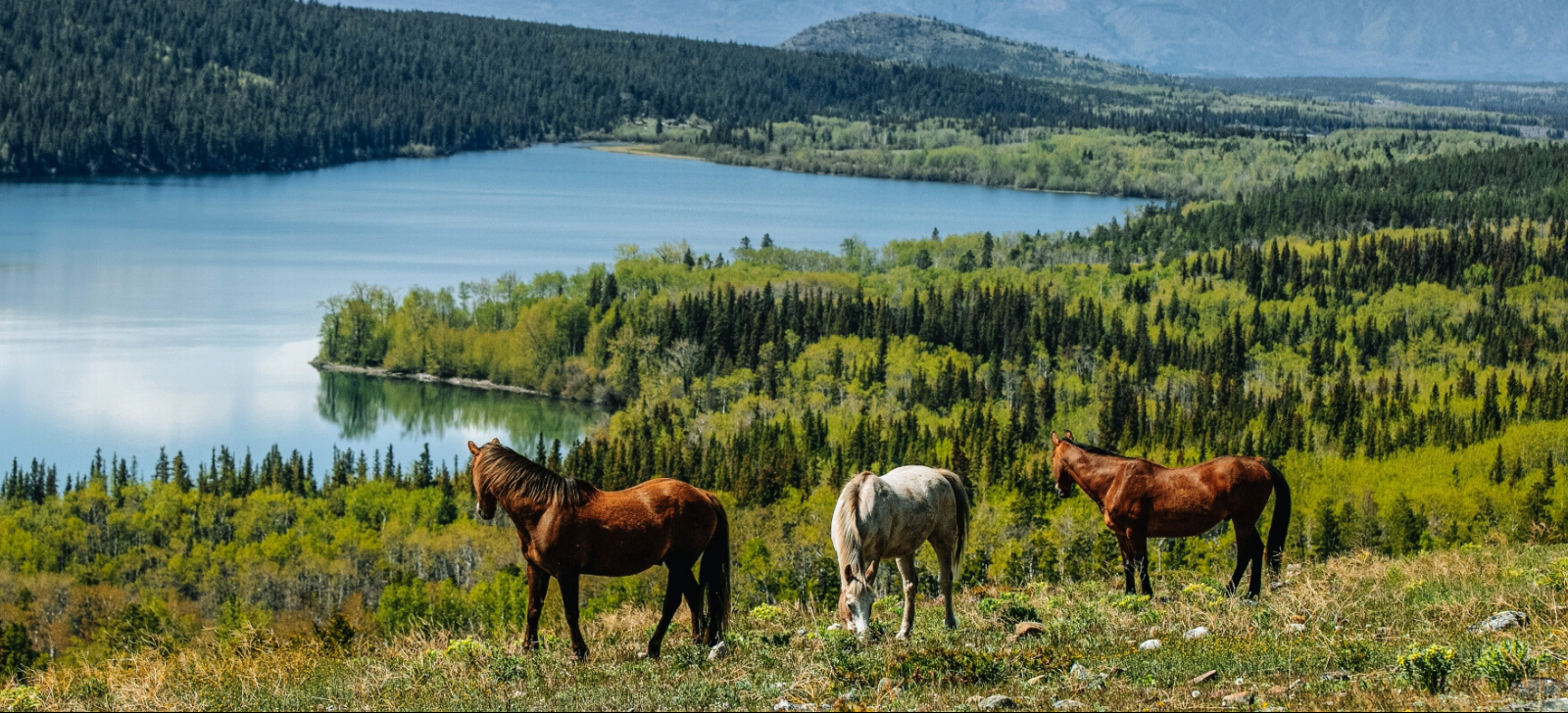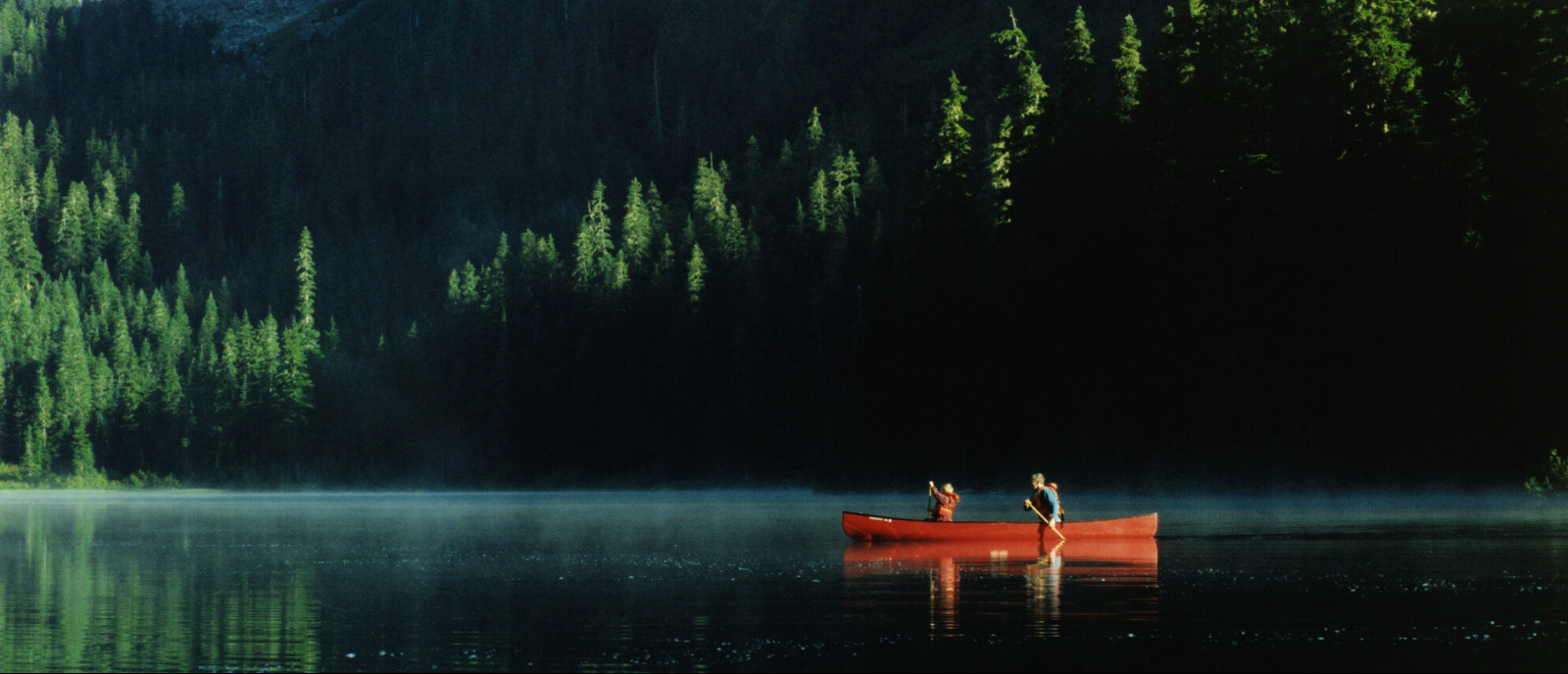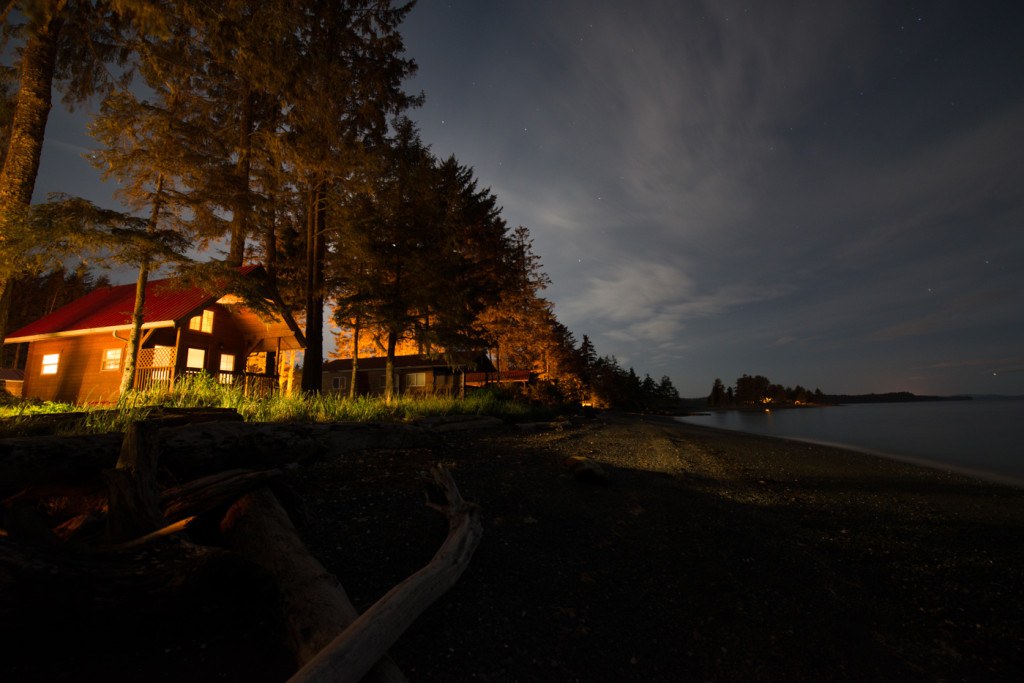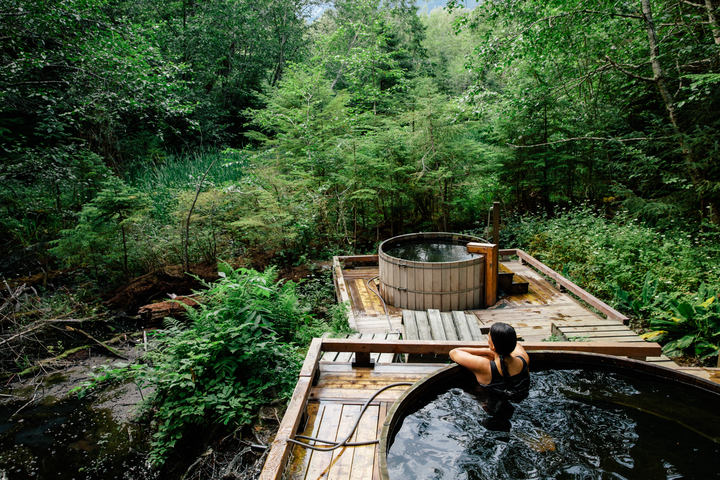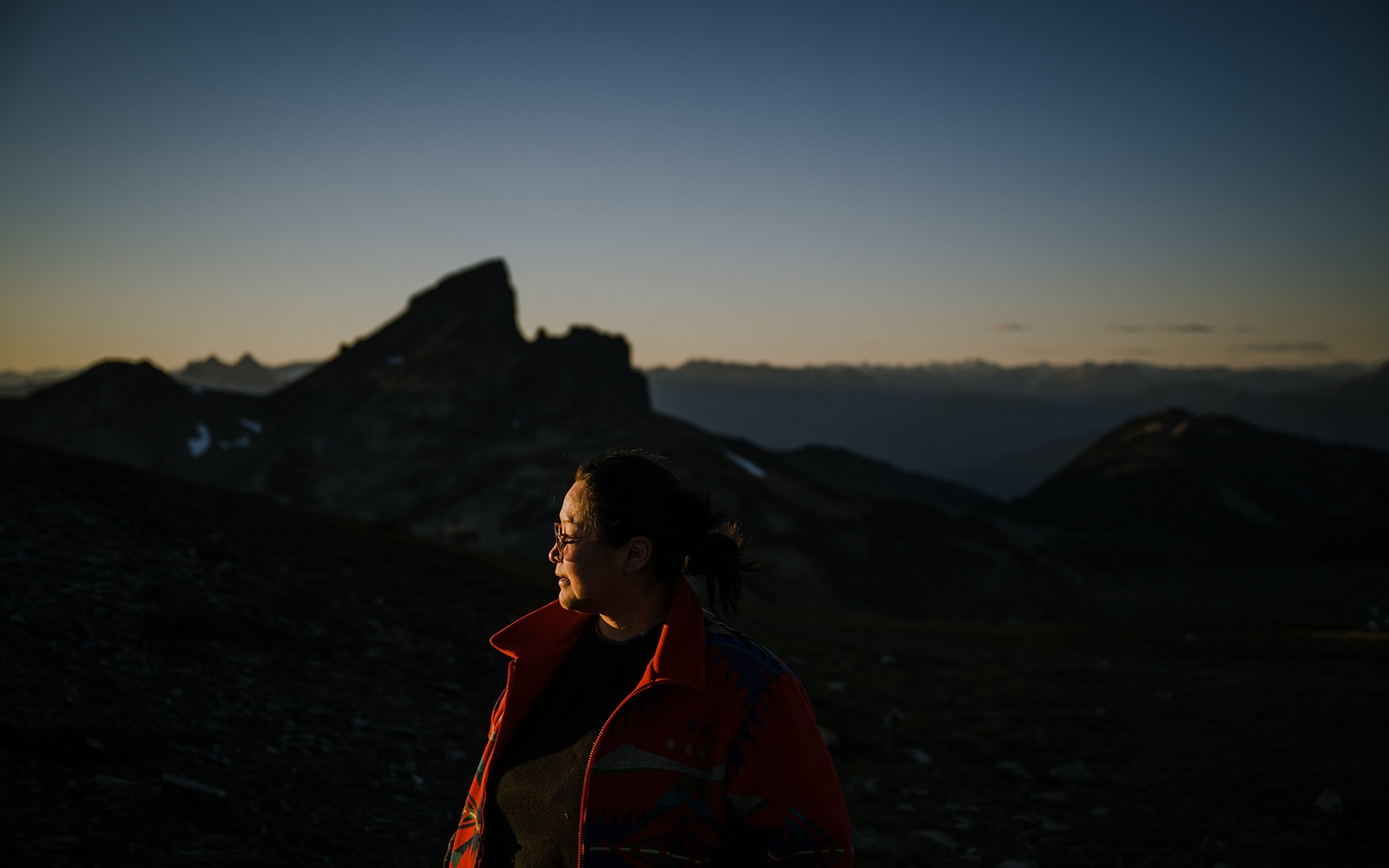
Our Stories
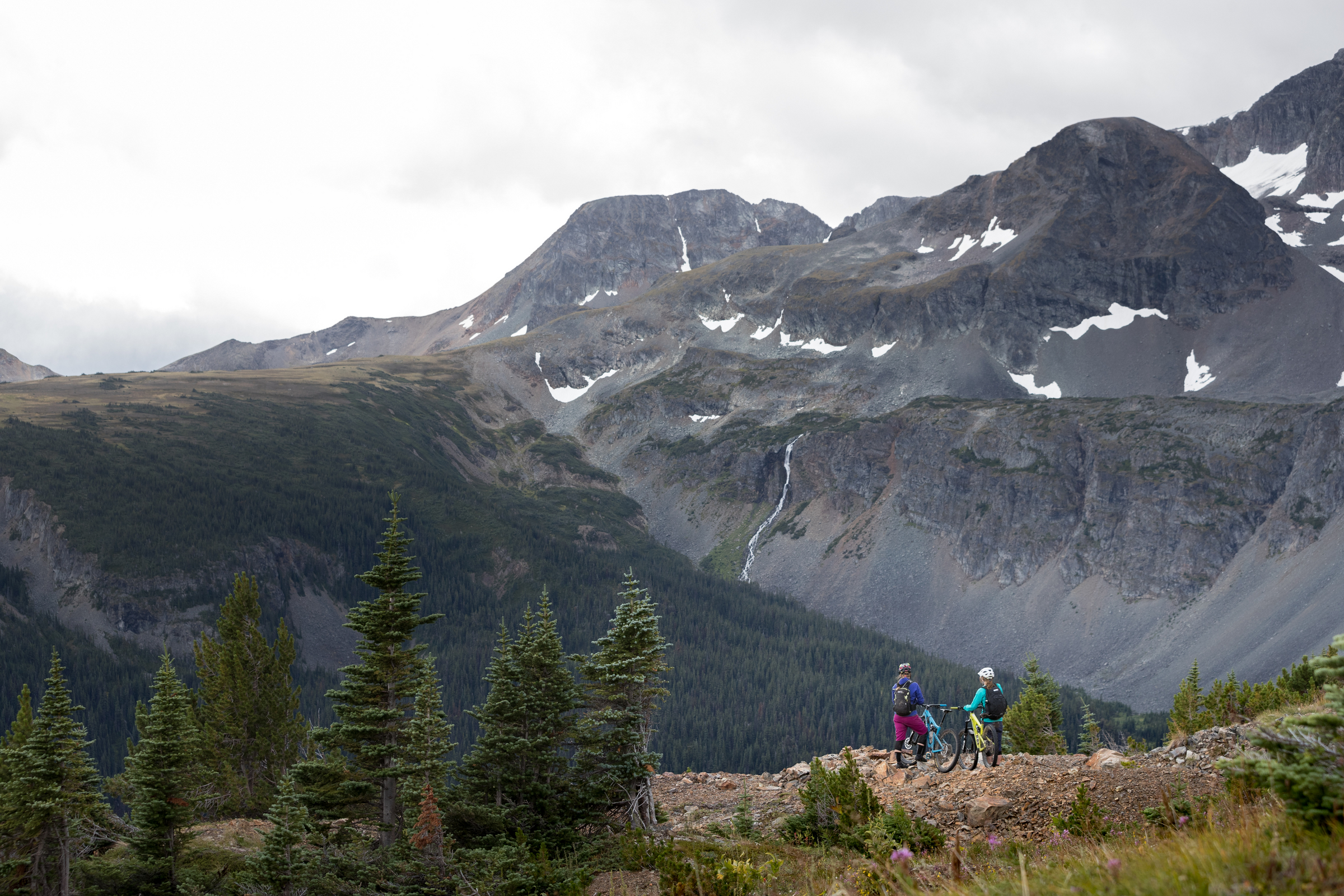
- Art Galleries & Studios
- Arts & Culture
- Bear Viewing
- Campgrounds, Cabins & RVs
- Dine
- Events
- Festivals & Celebrations
- Fishing
- Food & Drink
- Gift Shops
- Golf
- Heritage Sites
- Hiking & Walking
- Hot Springs
- Hotels & Motels
- Immersive Stays
- Itinerary
- Lodges & Resorts
- Museums & Cultural Centres
- Music, Arts & Culture
- National Day for Truth and Reconciliation
- National Indigenous Peoples Day
- Outdoor Adventure
- Paddling
- Powwows
- Restaurants & Eateries
- Retail
- Shop
- Spas
- Wellness
- Whale Watching
- Wildlife
- Wildlife Tours
- Wineries, Distilleries & Breweries
- Workshops & Education
- Cariboo Chilcotin Coast
- Kootenay Rockies
- Northern British Columbia
- Thompson Okanagan
- Vancouver Island
- Vancouver, Coast & Mountains
